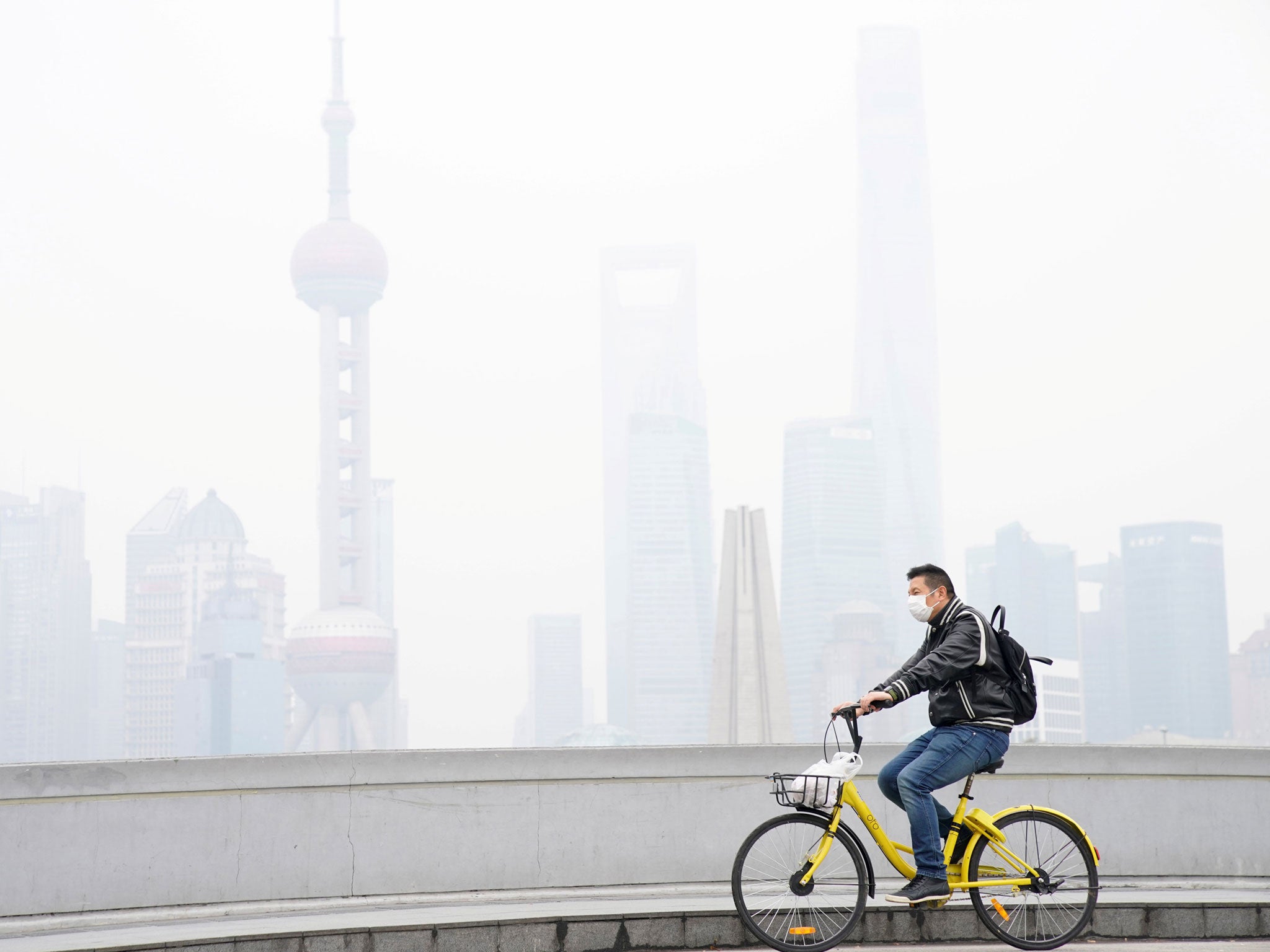Air pollution linked to increased crime levels, finds research
Toxic air 'may have potential ethical costs that go beyond its well-known toll on health and the environment', says the study's lead author

Your support helps us to tell the story
From reproductive rights to climate change to Big Tech, The Independent is on the ground when the story is developing. Whether it's investigating the financials of Elon Musk's pro-Trump PAC or producing our latest documentary, 'The A Word', which shines a light on the American women fighting for reproductive rights, we know how important it is to parse out the facts from the messaging.
At such a critical moment in US history, we need reporters on the ground. Your donation allows us to keep sending journalists to speak to both sides of the story.
The Independent is trusted by Americans across the entire political spectrum. And unlike many other quality news outlets, we choose not to lock Americans out of our reporting and analysis with paywalls. We believe quality journalism should be available to everyone, paid for by those who can afford it.
Your support makes all the difference.Air pollution is known to be bad for your health and the environment, but researchers believe it could also lead to a rise in crime.
Stress and anxiety caused by living in areas with high levels of damaging particulate matter are linked to a rise in violent crimes, robbery and burglary, according to a study published in the journal Psychological Science.
“Air pollution not only corrupts people’s health, but also can contaminate their morality,” Julia Lee, co-author of the study, said.
Researchers studied US Environmental Protection Agency data from more than 9,000 cities over a nine-year period alongside FBI crime statistics.
Accounting for differences in police numbers and poverty rates, they found that areas with poor air quality saw higher than average levels of crime.
“The psychological experience of air pollution increased anxiety, which in turn increased people’s tendency to behave unethically,” the report, titled Polluted Morality: Air Pollution Predicts Criminal Activity and Unethical Behaviour, said.
And the researchers – from the Columbia and Harvard business schools and the University of Michigan – noted anxiety was not the only factor linking air pollution and crime.
They said the broken-windows theory – that low level disorder such as public drinking or vandalism can lead to an increase in crime and anti-social behaviour – could also be partly responsible for the rise.
“When individuals experience a polluted environment, their overall concern for moral appropriateness may diminish, which may make them more prone to unethical and unlawful acts,” the study’s authors wrote.
Lower visibility caused by smog – a problem that afflicts cities in Asia more frequently than those in the West – could also trigger higher rates of crime, they added.
In order to prove a causal link between pollution and crime, the researchers carried out a series of experiments.
Participants were shown photos of polluted and clear-sky landscapes, and in each study the subjects who looked at the polluted image were more likely to express anxiety, and to cheat on subsequent tasks.
Lead author of the study, Dr Jackson Lu, said: “This research reveals that air pollution may have potential ethical costs that go beyond its well-known toll on health and the environment.
“This is important because air pollution is a serious global issue that affects billions of people.”
While noting that their findings required further investigation, the authors said the results had important implications for governments around the world.
“We provide another compelling reason for policymakers to combat air pollution,” they said. “A less polluted environment is not only a healthier one but also a safer one.”
A study published in 2015 by scientists Harvard University’s Centre for the Environment and the University of California came to a similar conclusion about the impact of pollution.
They found that violent crime increased by 2.2 per cent downwind from areas of significant pollution.
Join our commenting forum
Join thought-provoking conversations, follow other Independent readers and see their replies
Comments